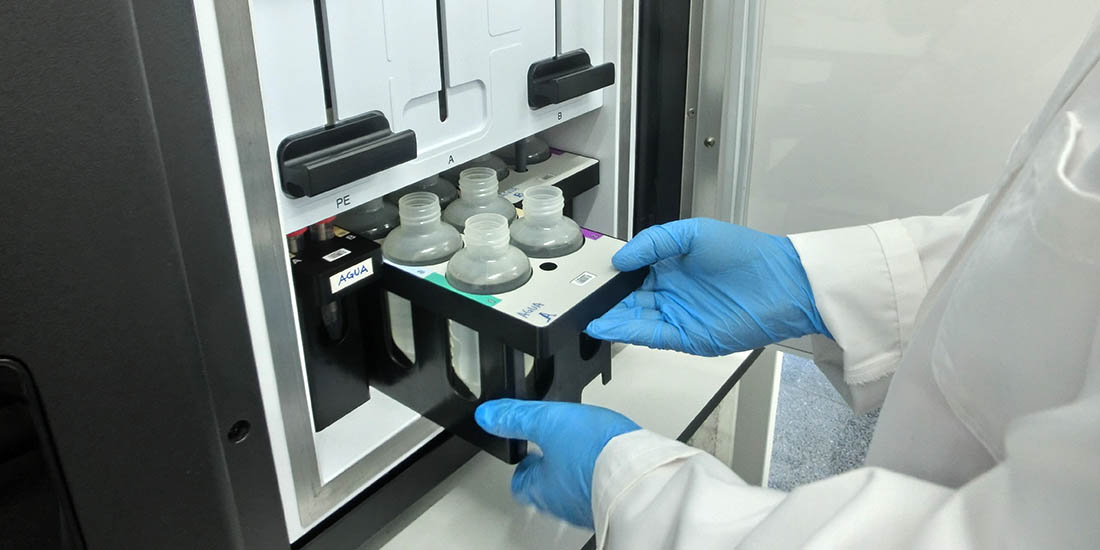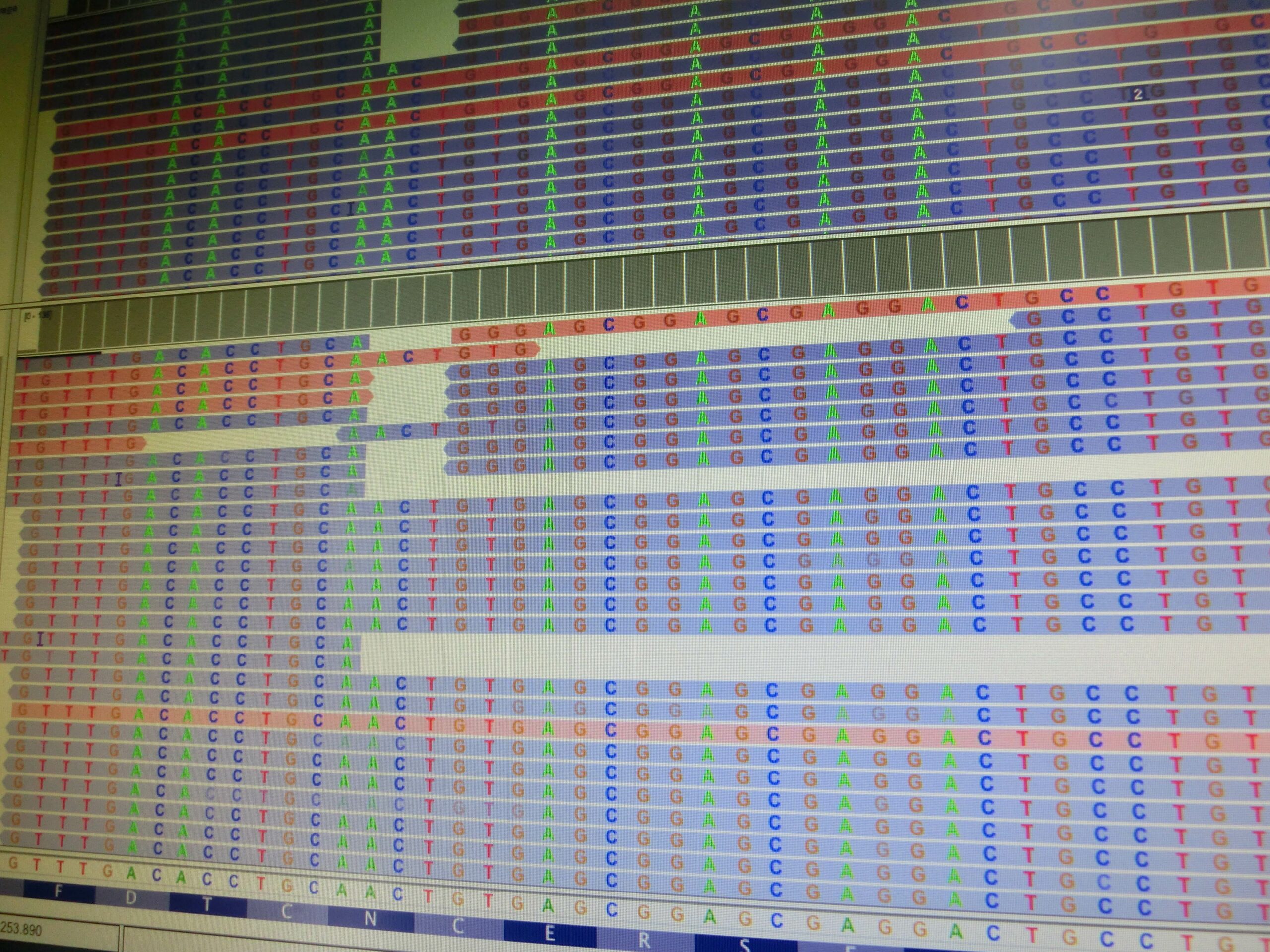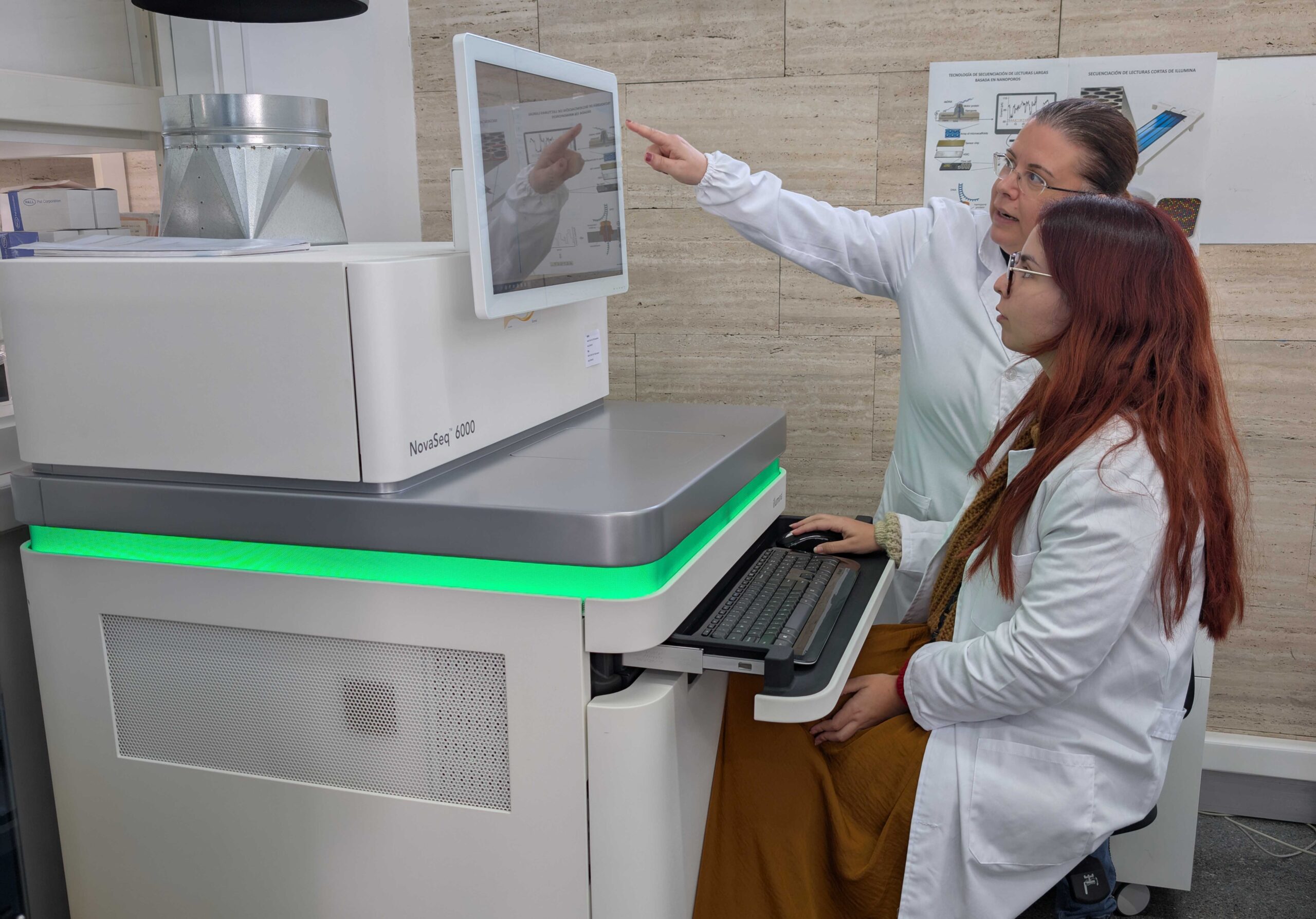Multiomics for the identification of genetic predictors of survival in patients with sepsis.
Data
Acronym: {omics} m-SEP
Partners:
- Research Unit of the University Hospital Ntra. Sra. de Candelaria
- Instituto Tecnológico y de Energías Renovables (ITER) – Project coordinator
Duration: 2018-2020 (3 years)
Budget: 99,200.00 €
Financing:
Strategic Action in Health 2013-2016
State Programme for Research oriented to the Challenges of Society
State Plan for Scientific and Technical Research and Innovation 2013-2016
Carlos III Health Institute
Ministry of Economy, Industry and Competitiveness (MINECO)
Project Overviw
This project, led by the Nuestra Señora de Candelaria University Hospital attached to the Centre for Biomedical Research Network on Respiratory Diseases (CIBERES), via the Canary Islands Health Research Foundation (FUNCANIS), in collaboration with other academic and health institutions (University of Valencia; University Hospital of La Paz, Madrid; Río Hortega University Hospital , Valladolid), aims to identify genetic factors of survival to sepsis and the characterisation of early pulmonary dysbiosis associated with the risk of death.
ITER’s collaboration in this project will facilitate the first genome-wide association study of sepsis survival in Spain by analysing more than 8 million genetic variants in DNA samples from diagnosed adult patients. These data will also be used to validate the relationship between the number of copies of mitochondrial DNA in blood and survival. The scientific-technical team of the Genomics area of ITER collaborates in this initiation using high-throughput massive sequencing methods, which will allow to analyse, for the first time, the exome of patients with sepsis in search of possible causal genes, and will deepen the characterisation of early pulmonary dysbiosis and its prognostic value in these patients.
The results of this project will allow the identification of genetic survival factors essential to understand the pathophysiology of sepsis, propose therapeutic targets, as well as improvements in the prediction of the risk of death in these patients.
In addition to the disease team, ITER participates as a collaborator with several national institutions, including the aforementioned Nuestra Señora de Candelaria University Hospital, the University of Valencia, the University Hospital of La Paz (Madrid), and the Río Hortega University Hospital (Valladolid), in a project funded within the framework of the Strategic Action in Health 2017 of the Instituto de Salud Carlos III that will seek to identify genetic factors involved in sepsis survival from a mutiomic perspective, including exome sequencing and the characterisation of early changes in the pulmonary microbiome associated with the risk of death from this disease. This collaboration adds to those already existing in the field of respiratory diseases to decipher the genetic causes of the development and aggravation of idiopathic pulmonary fibrosis.
Objective
Sepsis remains a leading cause of mortality in Intensive Care Units. Its treatment lacks targeted therapies and the usual alternatives for risk stratification are not standardised, resulting in an inability to accurately predict patients’ risk of death and making reductions in mortality rates impossible.










